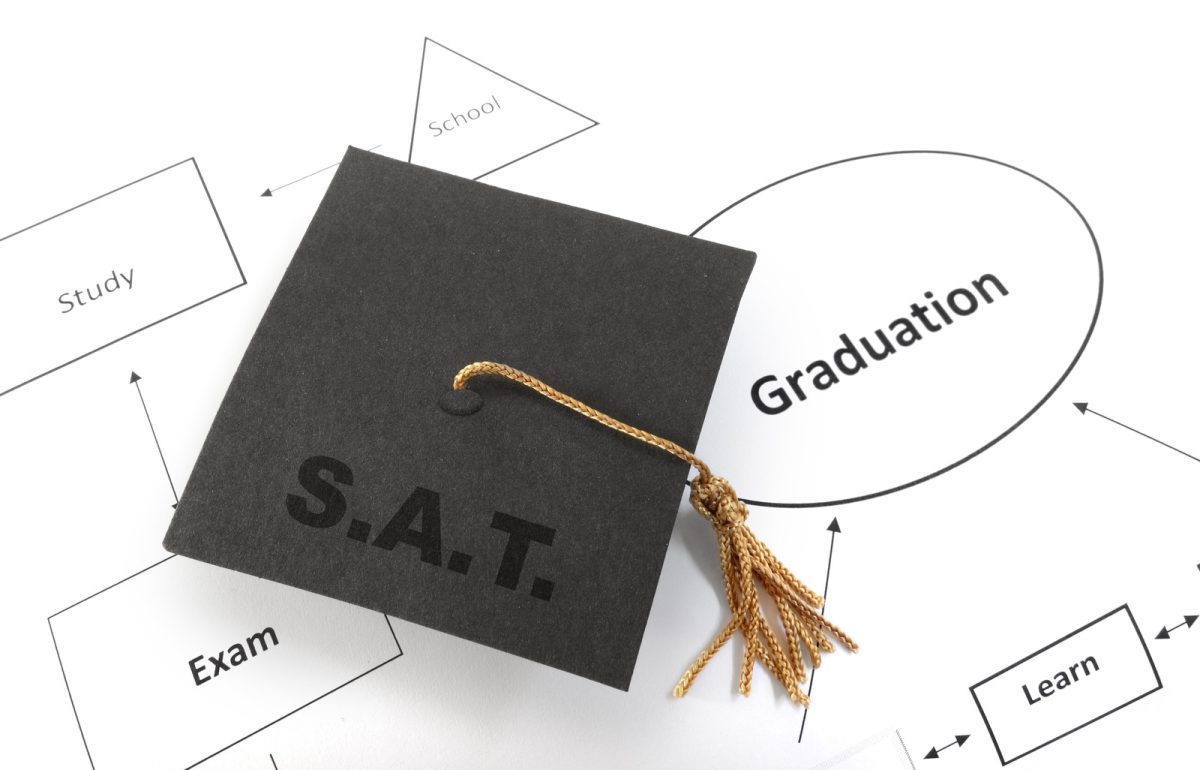Aim to ace the SAT? A significant factor in college admissions is the SAT, which determines students’ intellectual capacities to make it valuable.
The SAT plays a crucial role in a student’s academic career, as colleges and universities use it to assess students ability in reading, writing, language, and math skills. On this basis, colleges and universities decide whether to enroll students. Sophomores take PSAT while juniors take SAT; if they get an expected score, they could retake it if willing to do so by paying the money.
Doing well on the SAT increases your chances of getting into the college of your choice. The SAT is not just a showcase for scores- it is the test of your academic talents and abilities and helps students to use those skills further in their lives. The SAT does not challenge your IQ; therefore, it assesses how well a student understands what they have studied and how well they are prepared to handle the demands of college education.
Many of the higher institutions consider good SAT scores during the admission process. Moreover, having a good score means opening the door to enter your dream college with many opportunities like scholarships and financial aid. It can help you significantly in every step of your life regardless of your education or profession; many students think taking the SAT is essential for high schoolers. One of the juniors, Amina Shahid, believes, “It is important to take the SAT because it gives an overview of college and how much better they have to do to get into their desired college.”
The first section in the SAT is the reading portion, which consists of 6-7 or more long chapters and stories where you retain focus and manage time spent reading and answering. Reading all the questions and then skimming each paragraph is the ideal place to start. If necessary, you should also make some side notes. This section will need more of your time management skills than any other. It is helpful for college applications since it demonstrates your capacity to interpret and analyze information, which requires success in college-level courses.
The second section is Writing and Language where you must concentrate hard and maintain clarity of thought throughout each line. The writing section covers essays. You must understand the tone and central focus of the story. Pay close attention to the sentence structure, tenses, punctuations, and additional elements of grammar, including your understanding of verbs and pronouns. Your word choice should be brief, not extensive, as this will allow you to provide a more concise and acceptable response while staying within your time restriction. To ensure it stays fresh in your memory, you should review all the grammar one more night before the test.
The Math Section is always divided into 2 parts: the calculator section and the section without the calculator. Your ability to calculate quickly will be strengthened by mental math practice, which can frequently save you time. Advanced mathematical equations serve as the foundation for the calculator portion of the program. You can handle problems more quickly and effectively using shortcuts, applying all your skills to solve the problem, and taking some time if you find the question or calculation difficult. Additionally, there are formulas available directly on the homepage that can frequently assist you in solving complex problems.
The SAT can be challenging as it is one of the most influential examinations on which all your strategies depend. It might be tiresome and upsetting to put in a lot of effort to study for the test to get into your ideal university. So, to maintain your mental health, incorporate some relaxing techniques such as working out, practicing yoga, and participating in extracurricular activities. Throughout study sessions, always allow your body to take short pauses to keep your mind and body alert and concentrated. Your timetable is significant because it keeps you on track when it is well-planned. Sophomore Abdul Moiz says, “to feel more focused and stay calm, you need to have a good sleep.” A better sleep schedule of seven to eight hours revitalizes your body and mind to help you overcome the test.















